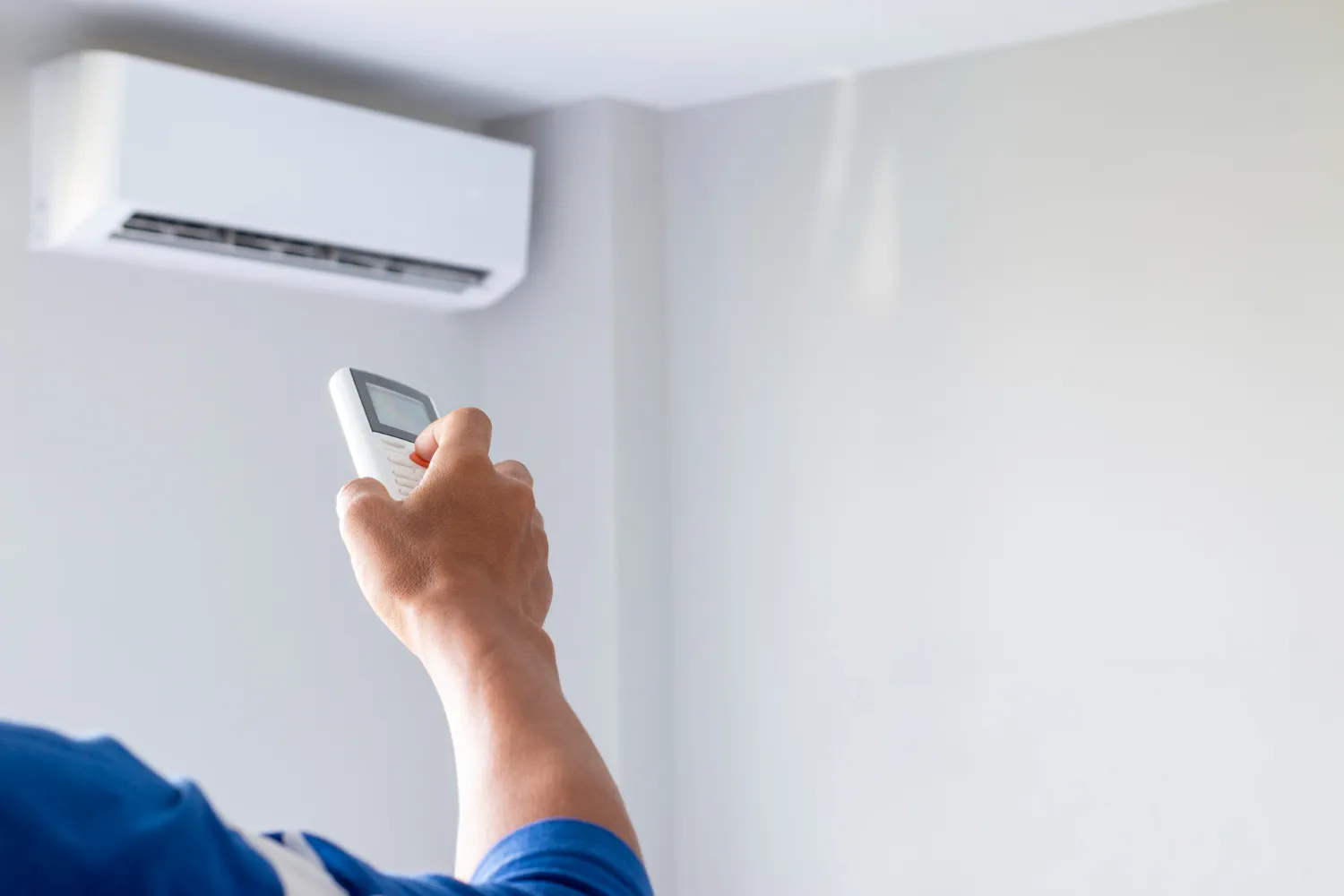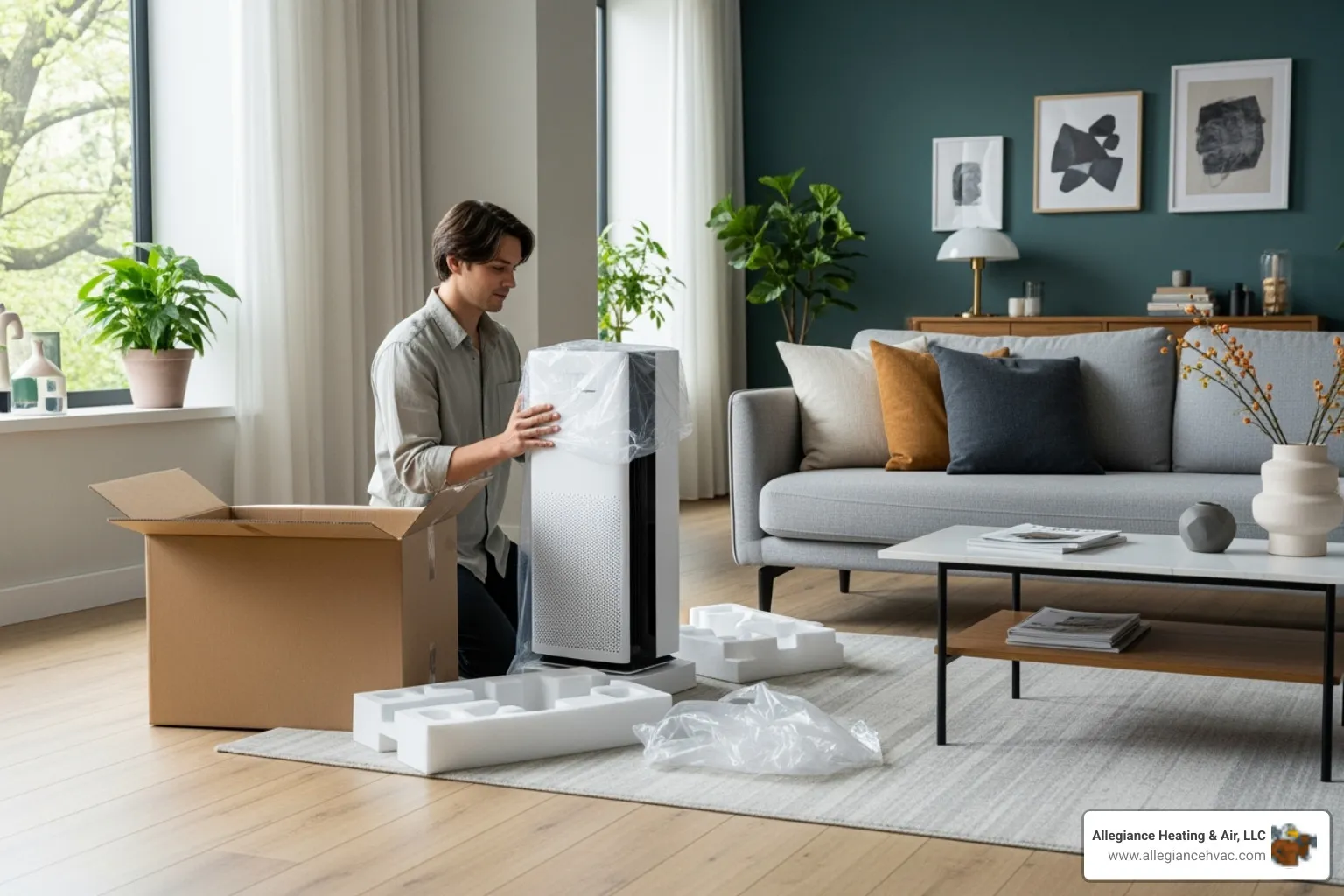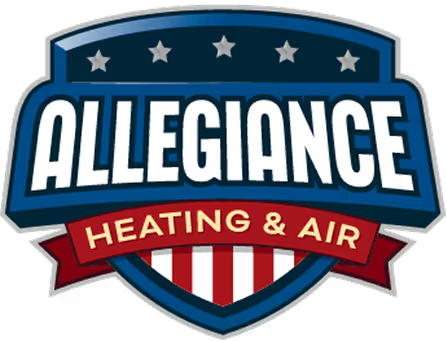
Poor indoor air quality can have serious effects on your health. It’s important to understand the types of pollutants that might be present in your home and the immediate and long-term health issues they might cause. With indoor air quality being a significant part of overall well-being, recognizing its impact helps in taking steps to improve it.
Common Pollutants in Indoor Air
Sources of Indoor Pollutants
Indoor pollutants come from various sources within the home. Household cleaning products, building materials, and personal care items can release harmful chemicals into the air. Pets contribute dander, while cooking and heating appliances may emit gases. Outdoor pollutants can also enter, compounding the problem.
Types of Common Indoor Pollutants
Several pollutants commonly affect indoor air quality:Dust: A mix of particles from skin cells, fabric, and dirt.Mold: Fungi that thrive in damp environments.Pet Dander: Tiny flecks of skin shed by animals.Volatile Organic Compounds (VOCs): Emitted from paints, cleaning products, and furniture.Carbon Monoxide: A harmful gas from faulty heating appliances.
How Pollutants Enter Homes
Pollutants enter homes through various means. Poor ventilation allows indoor contaminants to build up. Outdoor air pollutants enter through windows, doors, and HVAC systems. Activities like cooking, cleaning, and smoking indoors also contribute to indoor pollution levels.
Immediate Health Effects of Poor Indoor Air Quality
Respiratory Irritation
Exposure to indoor pollutants can cause immediate respiratory irritation. Symptoms include coughing, sneezing, and throat discomfort. Individuals with asthma or other respiratory conditions might experience more severe reactions, such as wheezing and shortness of breath.
Allergic Reactions
Poor air quality can trigger allergic reactions. Common symptoms include itchy eyes, runny nose, and skin rashes. Allergens like pet dander, mold, and dust mites are major contributors. Reducing exposure to these allergens can alleviate symptoms and improve overall health.
Headaches and Fatigue
Headaches and fatigue often result from exposure to indoor air pollutants. VOCs, carbon monoxide, and other chemicals can cause dizziness and mental fatigue. Ensuring proper ventilation and reducing pollutant sources can help mitigate these symptoms, leading to better well-being.
Long-term Health Consequences
Chronic Respiratory Conditions
Prolonged exposure to poor indoor air quality can lead to chronic respiratory conditions. These conditions may include asthma, bronchitis, and even chronic obstructive pulmonary disease (COPD). Pollutants such as mold spores, dust mites, and chemical fumes contribute to the deterioration of respiratory health over time, making it essential to address indoor air quality issues promptly.
Impact on Cardiovascular Health
Indoor air pollutants can also affect cardiovascular health. Pollutants like carbon monoxide and fine particulate matter can enter the bloodstream. This leads to an increased risk of heart disease and other cardiovascular problems. Long-term exposure to these pollutants puts additional strain on the heart, necessitating the need for maintaining clean air in your home.
Effects on Mental Well-being
Poor indoor air quality can impact mental well-being. Pollutants and allergens can cause headaches, dizziness, and fatigue, affecting concentration and mood. Over time, living in an environment with compromised air quality can lead to stress and anxiety, underscoring the importance of maintaining a healthy indoor atmosphere.
Improving Indoor Air Quality
Importance of Regular HVAC Maintenance
Regular HVAC maintenance is crucial for improving and maintaining indoor air quality. Clean and well-maintained HVAC systems filter out pollutants and ensure proper airflow. Our professionals can perform routine checks and cleanings to keep your system efficient and effective.
Using Air Purifiers and Ventilation Systems
Air purifiers and ventilation systems play a significant role in enhancing indoor air quality. Air purifiers remove contaminants, while proper ventilation systems ensure the circulation of fresh air, reducing the concentration of indoor pollutants. Both solutions work together to provide a cleaner and healthier living environment.
Benefits of Professional Air Quality Assessments
A professional air quality assessment can identify the specific pollutants in your home and recommend effective solutions. Our technicians use advanced equipment to measure air quality levels and provide tailored advice on improving it. A comprehensive assessment ensures that all potential sources of indoor pollution are addressed.
Conclusion
Maintaining good indoor air quality in Jeffersonville, IN, is vital for overall health and well-being. Pollutants from various sources can cause immediate and long-term health issues, affecting respiratory, cardiovascular, and mental health. Recognizing the signs of poor air quality and taking steps to improve it can significantly enhance your living conditions.Regular HVAC maintenance, using air purifiers, and ensuring proper ventilation are key actions you can take. Investing in a professional air quality assessment provides a detailed understanding of your home's air quality, facilitating targeted improvements.Don't wait until poor indoor air quality in Jeffersonville, IN, affects your health. Contact Allegiance Heating & Air today for comprehensive HVAC services and professional air quality assessments. Protect your health and enjoy a cleaner, healthier home environment.
Contact Us Or Schedule Expert Service
Other Blogs
ready to transform your home?
Discover our exceptional home services tailored to meet your needs and enhance your living space.

WHAT OUR CLIENTS HAVE TO SAY ABOUT US

RELATED ARTICLES

Why Your AC Isn't Cooling Evenly in Sellersburg

Indicators That Furnace Replacement Is Necessary


